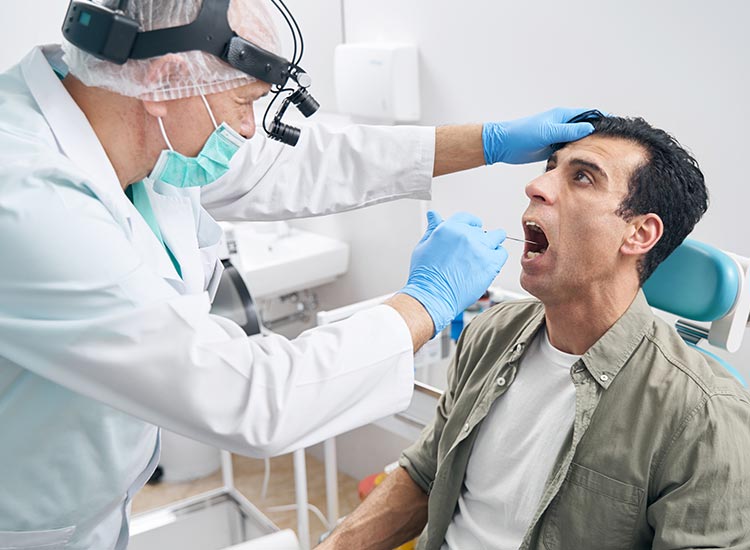What happens if you accidentally spit after tooth extraction?
Accidentally spitting after a tooth extraction can dislodge the blood clot, increasing the risk of a painful complication called dry socket.
Key Points to Consider:
-
Spitting can disturb the blood clot that’s essential for healing.
-
Dislodging the clot may lead to dry socket, which delays recovery.
-
Gentle care is crucial during the first 24–48 hours post-extraction.
-
Avoid rinsing, spitting, or using straws too soon.
-
Contact your dentist if you experience severe pain or bleeding.

Why Blood Clot Formation Is Crucial After Extraction
The Blood Clot Protects the Healing Site
After a tooth extraction, a blood clot forms naturally in the socket to protect the exposed bone and nerves. This clot helps stop bleeding and is the foundation for new tissue to grow, starting the healing process. Disturbing this clot too early can cause complications.
Accidentally spitting or rinsing forcefully can break the clot loose, exposing the area to air, bacteria, and food particles. This not only increases the risk of infection but can also cause dry socket, which is often more painful than the extraction itself.

How to Avoid Dry Socket and Promote Healing
Follow Post-Op Instructions Carefully
Dentists usually recommend avoiding spitting, rinsing, or using a straw for at least 24–48 hours after an extraction. These actions create suction that can pull the clot out of place, slowing down your recovery. Gentle care and allowing your mouth to heal naturally are the best ways to prevent issues.
If you accidentally spit, monitor the area for signs of trouble like severe pain, bad breath, or prolonged bleeding. If you notice these symptoms, call your dentist as soon as possible so they can check the extraction site and suggest the right care.
If you’ve recently had a tooth extraction, take extra care to follow your dentist’s aftercare guidelines to protect your healing and avoid dry socket. When in doubt, always call your dental office for advice!
